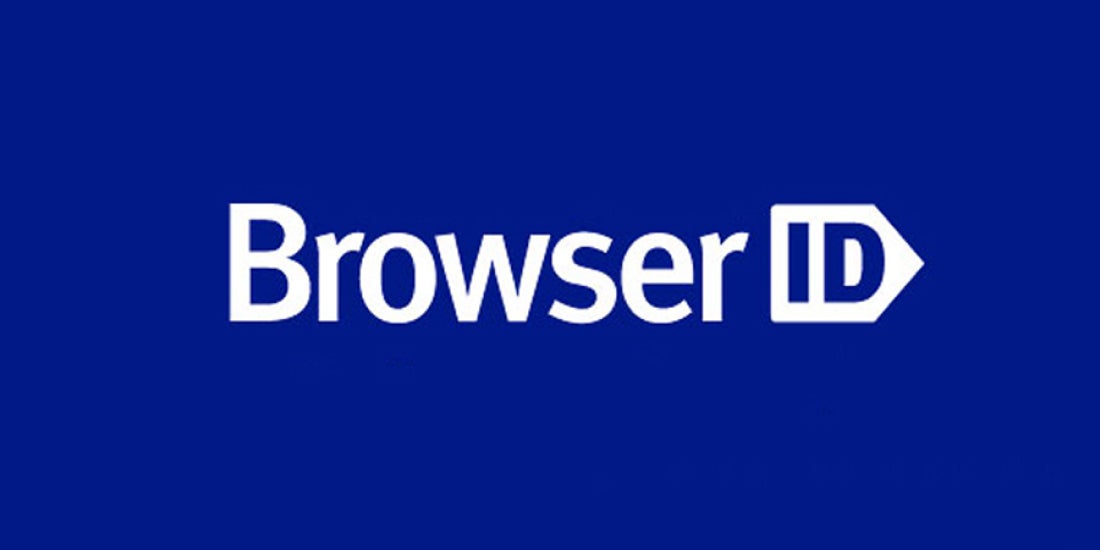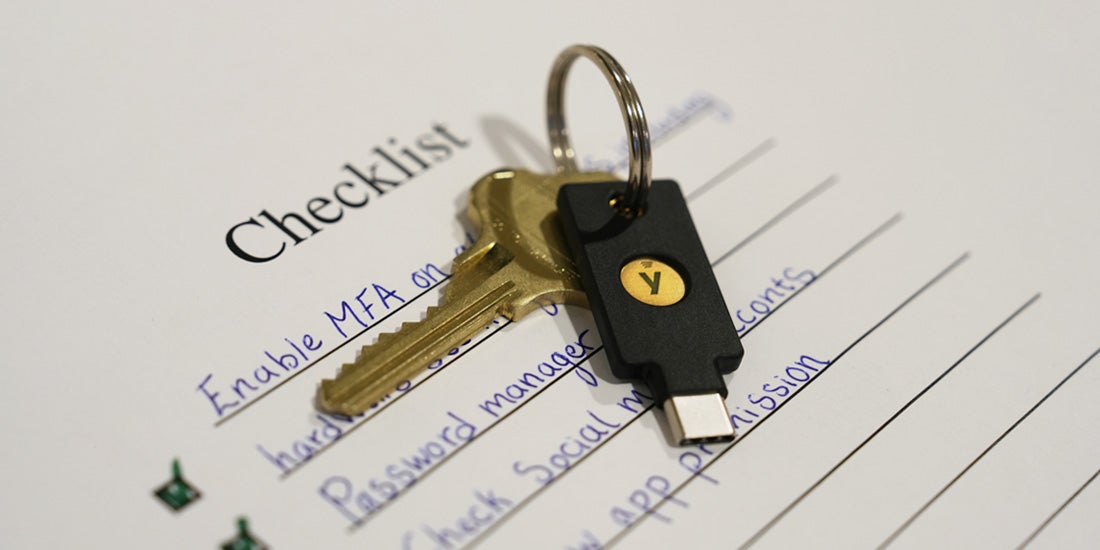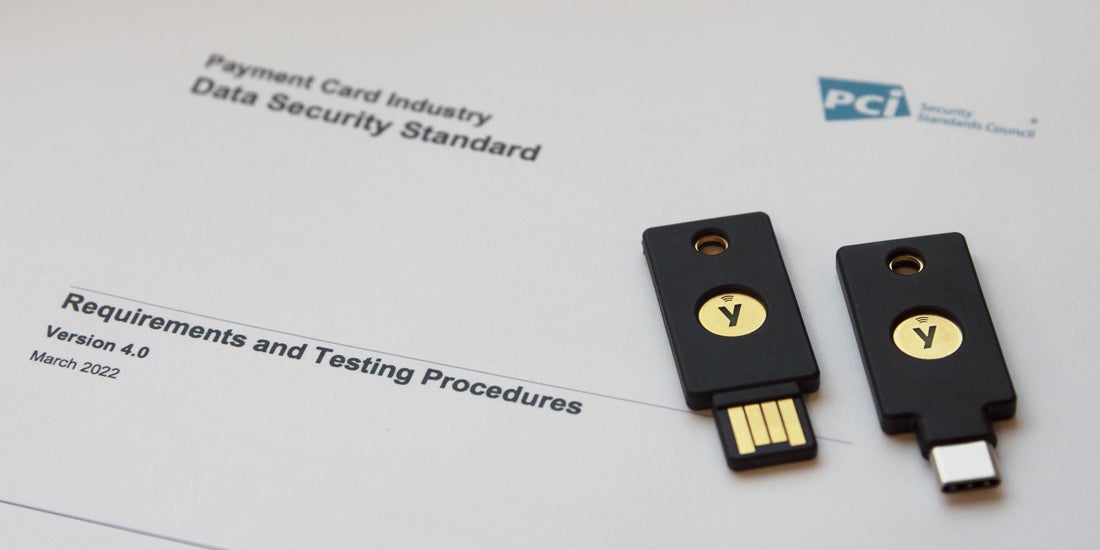To to learn how you use the YubiKey with BrowserID, a new open identity initiative, please check out this video from a BrowserID developer: https://vimeo.com/64514090
BrowserID was introduced in mid 2011 by the Mozilla Project. It addresses the same problem as OpenID and SAML, as well as the common OAuth or OpenID-based login-with-an external-account (such as Google, Facebook or Twitter) flows. From a usability point of view, in comparison to OpenID, BrowserID uses email addresses instead of URLs, which is more natural for users.
Perhaps the strongest feature of BrowserID, when compared to OpenID and SAML, appears to be user privacy; with BrowserID your Identity Provider is not involved in the per-site login flow, so they cannot track which sites you have accounts on.
Technically, BrowserID has the simplicity of OpenID and OAuth but can provide stronger security (including public/private-key crypto, and provide session keys). The downside is that the BrowserID protocol is not well specified, such as in the form of an IETF RFC document, and supposedly uses obsolete JSON-security formats which poses some migration pains.
Yubico is happy to see that YubiKey support is possible with BrowserID, and we will continue to learn about this area so we can provider our customers with good advice about best usage of the YubiKey. We believe that the Internet needs better authentication methods, and also think that the YubiKey provides good security and ease of use for users.
Please note that BrowserID is not the same protocol used for the open authentication project that Google is currently working on, mentioned in Wired earlier this year and Yubico is closely engaged in.
The Source Code for the YubiKey Persona integration is avalible at https://github.com/jedp/persona-yubikey





